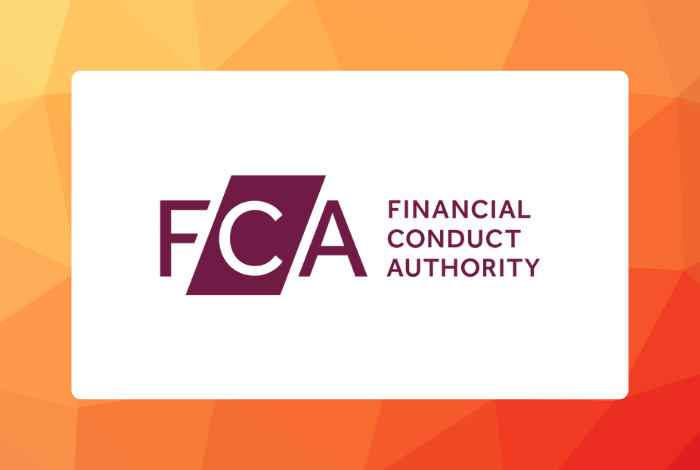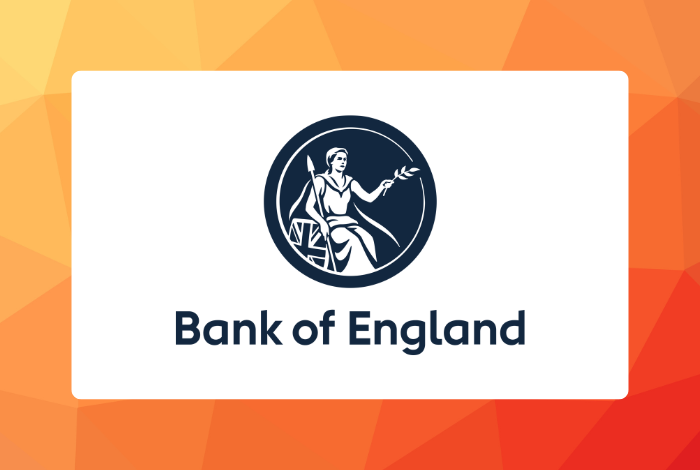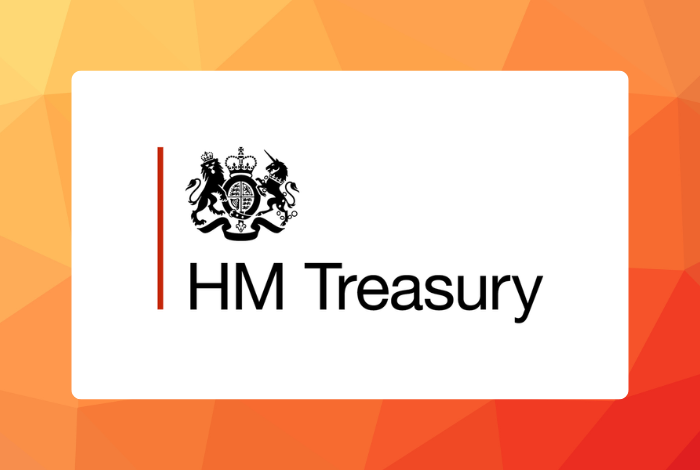The Bank of England’s (the “Bank”) and the Financial Conduct Authority’s (“FCA”) (collectively, the “Regulators”) joint consultation paper (“Consultation Paper”) seeks views on their proposals for operating and implementing a Digital Securities Sandbox (“DSS”) in the United Kingdom (“UK”). CryptoUK welcomes the opportunity to respond to this CP, given UK’s support of distributed ledger technology (“DLT”) and similar developing technology is core to our mission and to our members. The DSS is a welcome development of the Prime Minister’s statement and “ambition to make the UK a global hub for cryptoasset technology”, and we hope to support the process and our members in applying to the DSS fully.
About CryptoUK
CryptoUK (“CUK”, “we”, “us”) is the UK trade body for the cryptoasset industry. We believe in the transformative potential of digital and cryptoassets and the underlying blockchain technology. As a trade body, we promote accountable self-governance whilst advocating for fit-for-purpose legislation and regulatory frameworks for crypto and digital assets in the UK on behalf of our members.
We aim to achieve our vision by establishing and fostering productive partnerships between digital and cryptoasset industry participants with legislatures, policymakers, and regulatory agencies to educate and nurture an environment that fosters innovation, job creation and investment. Over our seven year history, we have grown our membership to over 160 firms from across the crypto and blockchain sector.
Our response
Although our response to this Consultation Paper is set out as a few general comments, it can be reviewed as a collective response to questions 1, 5, 6, and 13. Our response sets out the combined views of our members, and our approach reflects the interactivity between our two main concerns, which are around (i) the transparency of the proposed rules and assessments and (ii) the prohibitive nature of the proposed fees.
Generally, we wish to support the Regulators in finding a balance between the need to protect financial stability and ensure high quality participants, and enabling and permitting enough activity within the DSS to foster innovation. To that end, we find that the following areas may pose potential barriers to entries for potential DSS participants:
- Application process and assessment/obligations for stages/Gates 2 and 3
- Eligibility requirements at stage/Gate 1
- Fees
These issues come in the context of similar sandbox initiatives in other jurisdictions such as Hong Kong and the United Arab Emirates, which at least conceptually seem more attuned to the specific nature of DLT and digital asset based technologies and businesses, and where regulators have been more keen to engage directly with businesses both prior to and during admission to their respective sandboxes.
Transparency of applications, assessments, and requirements
The first issue brought up by members is the apparent opacity of both the application process (at all stages, but particularly at Gate 2) as well as the assessment criteria during each stage and Gate. While Table B in the Consultation Paper does set out at a high level what firms will be expected to demonstrate, how compliance and completion of these aims will be reviewed and evidence is not made clear in either the Consultation or the Annex A guidance. For example, at page 11 of Annex A, there is only one paragraph on the Bank’s supervisory assessment, and this includes a non-exhaustive list of potential factors that the Bank may review. While we appreciate these rules are still subject to further amendments, more detail is required for participants to understand fully whether participation in the DSS is right for them, especially given the high fees and capital requirements imposed on businesses applying and staying within the DSS (see further below).
Additionally, the “additional information” section at page 10 of Annex A similarly requires further clarification as to how applicants should demonstrate otherwise highly conceptual requirements, such as whether ”a regulatory or legal barrier” may “prevent the firm from operating their optimal business model outside of the DSS”. We therefore have a genuine desire for the Regulators to not only provide clearer guidance regarding these requirements (especially notes on best practices, as has been done recently for other application processes), but also for ongoing dialogue between each business and the relevant Regulator(s), and assistance in determining how each individual business may assess and demonstrate whether such barriers do exist and how they can be overcome. Members also felt that the application process in general seemed “cumbersome” and expressed concerns that an overly complex or layered process would add additional costs for not only the firms preparing and submitting these applications, but also for the Regulators who have to review these applications as well.
A second issue raised was that members expressed having some difficulty understanding the Gate 2 requirements set out in Annex B, and that these did not seem adequately or fully explained in the Annex A guidance. As above, we believe further transparency regarding the exact requirements at each stage and gate, particularly Gate 2 and 3, is essential to attracting potential DSS entrants, especially those who are conscious of incurring legal costs even before applying at all.
Finally, members pointed out that the stage 1 requirements seemed in principal to be somewhat contradictory to the Regulators’ objective of facilitating innovation, especially with regard to the fact that firms would have to already be authorised as an investment exchange / central securities depository (“CSD”) or a multilateral trading facility (“MTF”) / organised trading facility (“OTF”) under existing rules before being allowed into the DSS. The main point of contention was that businesses that leverage DLT or digital assets to provide similar services to CSDs or MTFs / OTFs may already face specific difficulties in becoming authorised under these regimes, and the implementation of this requirement at stage 1 with no opportunity to engage in a discussion might therefore limit more innovative businesses from entering the DSS and assisting with the evolution of regulation to fit these new business practices / technologies.
As a general comment, we believe the Regulators should also seek to learn from applicants and interested parties how best to improve the procedures and design of the DSS in practice. Examples of existing programmes for encouraging public-private sector collaboration and innovation are numerous, and undertaking a reasonable inventory of their comparative advantages and disadvantages would be wise prior to the onset of the proposals. We are keen to note that many entities have their own internal sandbox projects, and that the UK government also has other areas in which it provides a safe space in which to collaborate with the private sector (see the Financial Reporting Council’s (FRC’s) Lab (FRC Lab (overview)). Furthermore, CUK members who are participating in DLT / digital asset related regulatory sandboxes in other jurisdictions may be able to provide feedback, and would be happy to if that is of interest.
In summary, we believe that with regards to the DSS generally, but with specific focus on the application process at this juncture, there should be a focus on encouraging innovation and problem-solving in a transparent and collaborative environment. Successes in the DSS (both in relation to individual business models or technologies, as well as in regulatory evolution/adaptation) would obviously have a direct effect on the innovation and growth for the UK economy, and should not only be encouraged, but actively supported by the Regulators at each stage of the process.
Fees
A particular pain point amongst members has been the proposed fees, which we believe to be highly prohibitive to smaller and growing businesses. The primary concern is that, as proposed, the fees required for a firm just to apply as a DSD or MTF / OTF (with no guarantee of success), compounded by the fees required for ongoing supervision, will deter all but the largest players / established industry participants from participating, which has a stifling effect on innovation and goes against the objectives of an exploratory sandbox. This is further exacerbated by the opacity of the assessment criteria and process as set out above, which in combination with the high fees, may deter firms that are in practice well-suited for, or potentially beneficial to, the DSS.
While we understand that the fees for MTFs and OTFs are as they have been before, given the lack of changes to the rules applied, and we do not think the DSD supervision costs are unjustified or inflated, we believe the proposed fees do not consider that many innovative and experimental practices tend to come from businesses that are developer-centric and whose business model is built on disrupting existing practices, again ignoring the context of, and the actual composition of firms and players within, the DLT and digital asset ecosystem.
We believe the loss of such participants would be a loss for the UK economy (especially given the competition from similar sandboxes in other jurisdictions and the jurisdiction agnostic nature of these businesses), and in contrast with the UK’s vision to become a leader in innovative financial services practices.
Secondly, there was also confusion among members about how the ongoing supervision costs at stage 3 would be calculated and “shared equally across DSDs”. We therefore request for further clarification with regard to this point.
Conclusion
In conclusion, we would be grateful for further clarity regarding assessments, and hope that the proposed fee structures may be reconsidered prior or even during implementation. CUK and its DSS working group would be happy to support the Bank and the FCA and offer support and any consultation assistance, on any of the above, or any additional matters that arise as the UK implementation and guidance around the DSS develops.




